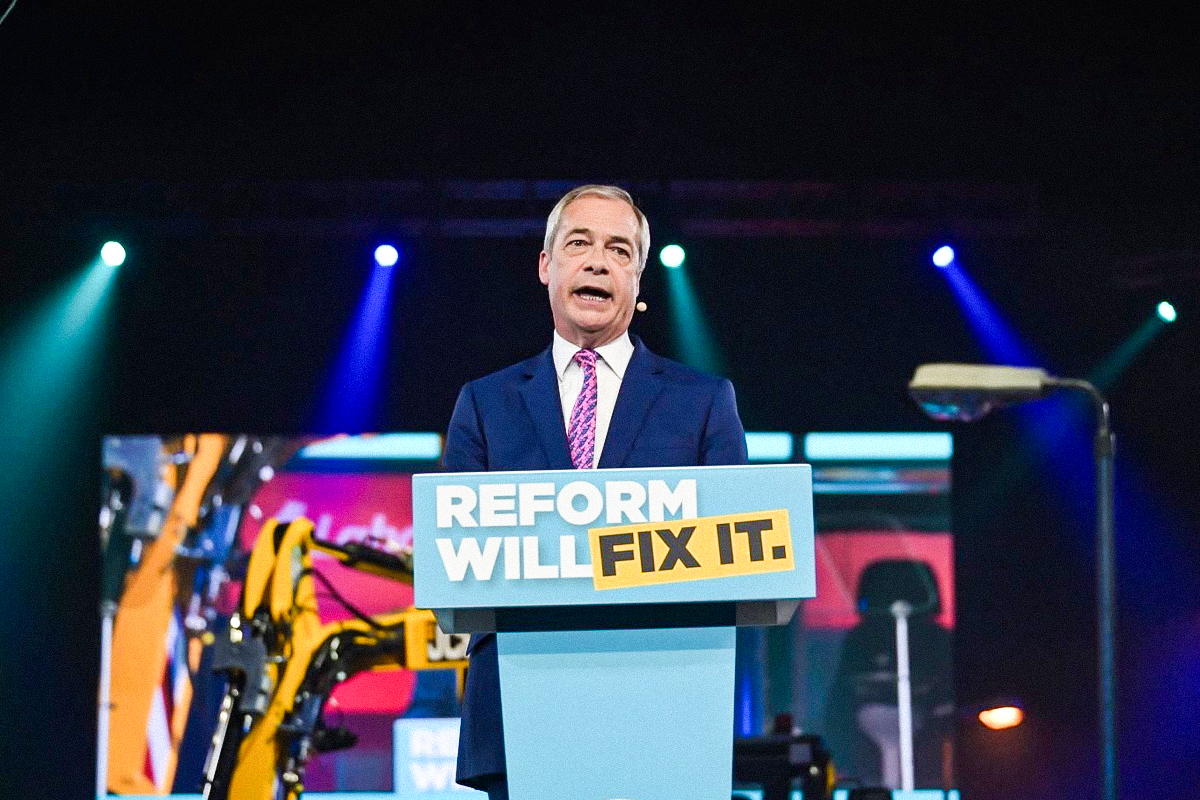Tory austerity and the seemingly endless crisis of capitalism have created the social conditions responsible for a rise in mental health problems, particularly amongst young people. Debt, unemployment, and exploitation have led to a feeling of hopelessness, anxiety, depression, and alienation. To save our mental health, we need to end capitalism.
When I visited my practice recently to get my prescription for antidepressants renewed, one young doctor opened up my medical history. “Wow, you’ve been through a lot.”
Well, not only me. Suicide is the no.1 killer of men under the age of 45 in the UK. Eating disorders in young people under the age of 25 are twice as likely than for any other age range. Young people living in socio-economic hardship are almost three times more likely to experience mental health problems, as reported by the Mental Health Foundation in 2016.
Despite the increasing number of young people attempting to access mental health services, both child and adult services remain hugely underfunded. I’m lucky to have access to the support of some great professionals from our NHS, but even these fantastic people and the work they do is limited by the austere conditions of Tory Britain.
Beyond medication and therapeutic support (which is often in limited supply) what can mental health professionals do when faced with increasing inequality, poverty and a deepening crisis? How can they manage the frustration of knowing they are often offering only short-term symptom management, unable to address the underlying causes?
“Britain’s current young generation earned £8,000 less during their 20s than their predecessors and are at risk of being the first cadre of workers in modern times to see their lifetime earnings fall,” writes the Guardian. Many young people, including myself, are facing the future of the debt of a thousands of pounds; of work on zero-hour contracts; and of chronic financial worries. We might as well describe our situation using the punk-rockers slogan: “no future”.
Many academic, mental health professionals and drug companies choose to promote non-economic causes for depression and distress by citing a “chemical imbalance in the brain”, instead of also acknowledging the role of social conditions. The political purpose of this – that is, to offer a safe, non-political explanation – cannot be underplayed.
I’ve been struggling with depression for years now. But now I see a way out of it, not only thanks to the everyday heroes of our NHS, but also thanks to my involvement in the fight for socialism.
Capitalism is a system established on the principle of the exploitation of the majority by a minority. Mental distress is being treated within this system, but we are told not to look for economic and objective material factors as the cause. The capitalist establishment chooses to ignore the key precipitating and perpetuating factors that lead to depression and distress: inequality, poverty, injustice, disempowerment and alienation. The long-term impacts of the grinding oppression of capitalism cannot, and should not, be ignored.
We need safety, stability and peace. We don’t want to have to constantly worry about what is going to happen to us next week. We cannot worry permanently about how we’re going to pay for our rent or how we’re going to pay for food.
It may sound like a slogan, but it is the truth: the only way out of this dead end is through socialist revolution. A revolution that will bring to an end seeing humans merely as “resources”; bring to an end unemployment and poverty; bring to an end oppression, exploitation, and alienation.
We need to have our voices not only heard, but listened to, so that we can decide on and shape our future. And that is why we make everyday sacrifices in order to struggle for socialism, so that no human being has to live a life of despair and hopelessness.






